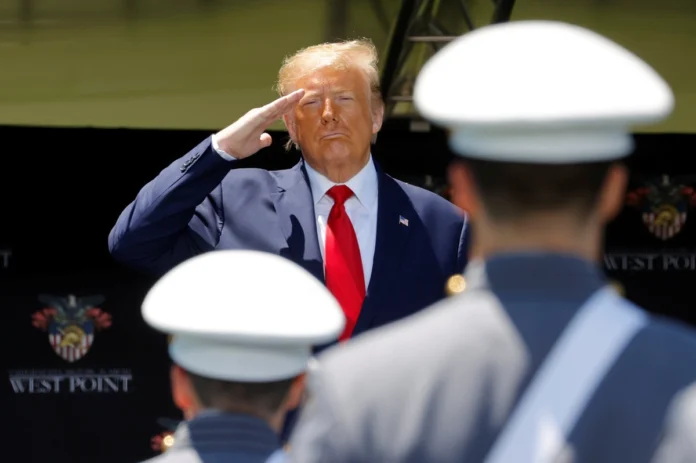Author: Stephen Walt
Affiliation: Harvard’s Kennedy School of Government
Organization/Publisher: Foreign Policy
Date/Place: July 23, 2020/USA
Type of Literature: Analysis
Word Count: 1938
Link:https://foreignpolicy.com/2020/07/23/how-to-ruin-a-superpower/
Keywords: The Decline of Superpower, The Great Mistakes of Unipolar Moment, Trump, and Post Coronavirus Era
Brief:
The author argues that the US has known a decline in its status as a superpower for years due to several fatal errors that it has made since the fall of the Soviet Union. These errors have accelerated and worsened since Trump’s arrival in the White House, and Trump’s bad handling of the pandemic has now completely eroded this status. Moreover, the consequences of his administration will remain with the US for many years to come even if the Biden administration wins the next election and does everything in the right manner. In this two-part article, the author first identifies the accumulation of main mistakes the US has made since 1990 that ended the era of Unipolarity; he then devotes the second part to determine the expected long-term consequences on the US’ global standing in the post-pandemic and post-Trump era. These major mistakes fall into three main points: First, the adoption of a grand strategy of liberal hegemony through which the US attempted to remake the world in its image, which caused violent backlashes from other actors, and brought it unnecessary and costly wars that undermined its economy. Second, allowing public institutions to deteriorate by depriving them of resources and then blaming them for problems; there is an increased need for these same institutions during the pandemic. Third, the weaponization of partisan politics and increased polarization within state and community institutions has eroded American democracy and made it a less attractive model for other peoples. All of these have produced an era of “hollow hegemony.” These major mistakes paved the way for Trump’s arrival in the White House, which with his failed policies have placed the US on the path of retreat; and with his bad handling of the pandemic, are destroying a superpower. Walt identifies six possible long-term consequences for America’s global standing due to the blatant failure to contain the pandemic. First is the tarnishing of America’s image as a society. Second, the economic recession due to the pandemic will deeply affect the American economy. Third, the US will have a higher proportion of mental health problems caused due to the prolonged quarantine, as exacerbation of child and partner abuse at home have been recorded. Fourth, there will be negative impacts on education as the prolonged closure of schools causes American kids to be further from their foreign counterparts in terms of educational achievements. Fifth, higher education will take a big hit. American universities have always been a huge driver of technological innovation, and the long lockdown has led to the loss of foreign students who have been a source of revenue and an engine of technological progress. Finally, there will be detrimental effects on mothers and their newborns who are born in an atmosphere of enormous economic and health uncertainty, which puts their physical health, cognitive abilities, and emotional maturity at risk. In conclusion, Walt asserts that the US still has many significant advantages compared to the other major powers that make long-term success more likely, but that success is never guaranteed, especially with the current global challenges it faces. China’s continuous rise is the most prominent one.
By: Djallel Khechib, CIGA, Senior Research Associate




